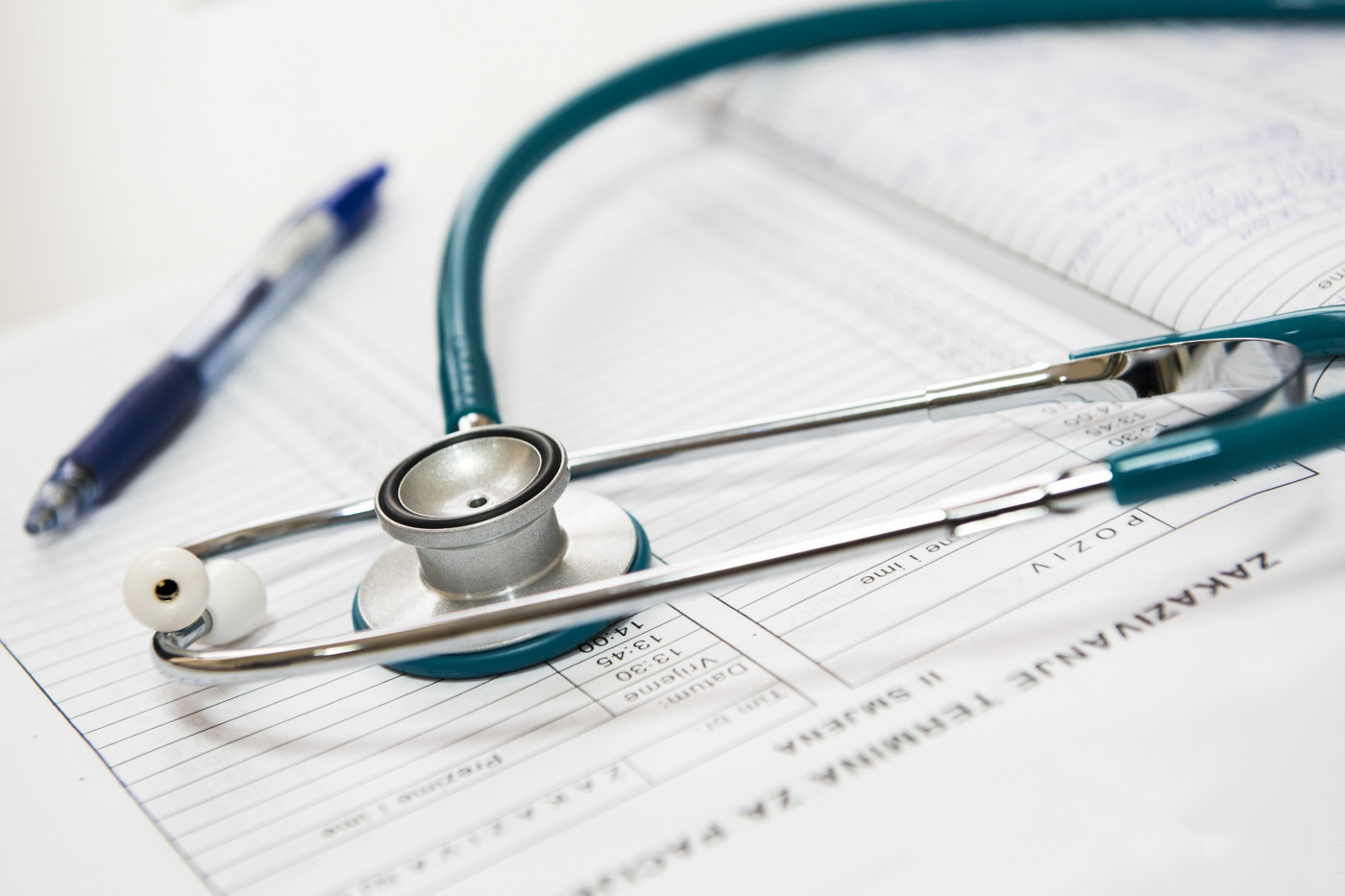Emergency Card Helpful for Hypoparathyroidism Patients During an Acute Crisis, Study Says
Written by |

Emergency cards can help ease the diagnosis and treatment of an acute crisis of low or high blood calcium levels among patients with hypoparathyroidism, a study says.
As a result, an emergency card will be distributed in Norway, Sweden, and Germany to test its usefulness to these patients.
The article, “Is there a need for an emergency card in hypoparathyroidism?,” appeared in the Journal of Internal Medicine.
Emergency cards can be a quick and easy source for personal medical information, which, in some situations, can help to achieve a better outcome. These medical information cards have been use in patients with adrenal insufficiency — also known as Addison’s disease — for decades, and in this instance, a common European card has been issued.
Hypoparathyroidism is characterized by inadequate secretion of, or organ resistance to, the parathyroid hormone. It is often managed with a combination of calcium and vitamin D supplements, and more recently, parathyroid hormone replacement therapy has also been introduced. However, these treatment strategies can induce an acute crisis of reduced or increased blood calcium levels that lead to hospitalization.
These episodes can be a challenge to diagnose if the clinical team does not have an early and fast access to the patient’s clinical history. Also, if not treated adequately, these hypercalcemic and hypocalcemic crises (high and low levels) can be fatal.
The researchers believe that emergency cards could be useful for patients with hypoparathyroidism to improve patient care and treatment.
“Hypoparathyroidism is a rare condition and would not be a likely differential diagnosis if the healthcare worker was unaware of their illness,” researchers wrote. “Print in English, and national languages makes the card useful for travel abroad, where health professionals often are unaware of the patient’s history and language may be a barrier.”
To explore patients’ opinion on the need for an emergency card, researchers surveyed 336 patients in Norway and Sweden with chronic hypoparathyroidism.
Most of the study participants (79%) were women, and 66% had post-surgical hypoparathyroidism. Approximately 90% and 69% of patients said they took vitamin D and calcium, while 10% used parathyroid hormone replacement therapy.
Half of the respondents said that they had been hospitalized for acute low or high calcium blood levels, 10% of whom had been hospitalized for both hypocalcemic and hypercalcemic acute crisis. Of those hospitalized, about half had been admitted more than once.
Among those with post-surgical hypoparathyroidism, 39% (hypo) and 16% (hyper) had been hospitalized for acute episodes, whereas in non-surgical cases, these events were reported in 53% and 18% of hypo/hyper patients.
Researchers found that hospitalization for either condition was more frequent among patients who used parathyroid hormone replacement therapy, compared to non-parathyroid hormone users.
Collectively, most patients (87%) surveyed said that an emergency card would be very needed or useful. About 95% of those who had been previously hospitalized for an acute hypocalcemia, and 90% of those hospitalized for a hypercalcemia crisis, agreed.
“Patients who were hospitalized were more likely to say that an emergency card would be useful, which may reflect their experiences with health professionals in the acute setting,” researchers wrote. “Health professionals may not encounter the condition or presentation often enough to be able to effectively diagnose and treat it.”
When questioned about the support and information provided about their health condition, 53% said they received adequate information while 21% said they did not. In addition, some patients said that their healthcare providers lacked knowledge.
Patient education is an important factor, not only to ensure proper disease management, but also to reduce the incidence of acute emergencies. Education of healthcare professionals is also a requirement for better patient outcome.
“As a result of the clear message from the patients, an emergency card will soon be distributed among Norwegian, Swedish, and German patients,” the researchers wrote.





